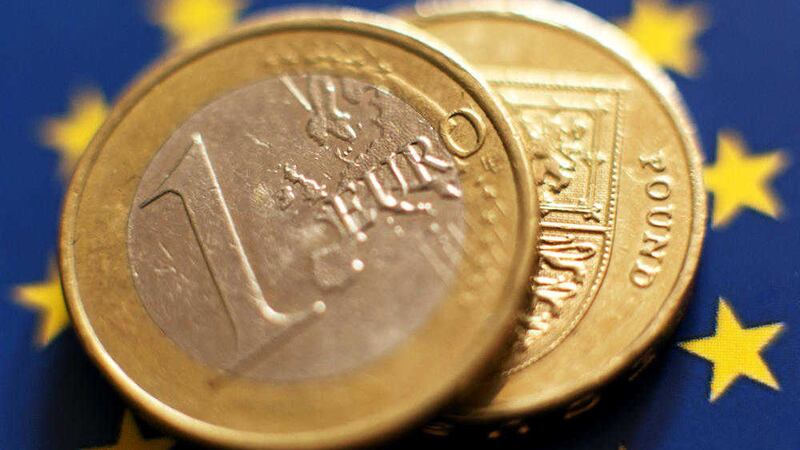BREXIT is putting the brakes on the Republic's economic bounce-back, banking chiefs have warned.
Dublin's Central Bank has downgraded forecasted growth over the next two years as a result of the shock referendum result.
In its latest quarterly report, it said the UK's decision to leave the EU will inflict a "negative and material" blow to the Republic's economy, presently the fastest-growing in the bloc.
"The close relationship between the Irish and UK economies creates a particular exposure for the Irish economy from Brexit," it said.
"Both in the short-term and in the longer-term, the economic impact of Brexit on Ireland is set to be negative and material.
"Quantifying the impact with much precision, however, is difficult."
Predicted growth in the economy has been cut by 0.2 per cent to 4.9 per cent for this year, and by 0.6 per cent to 3.6 per cent next year.
Farmers, food producers, the tourism industry and clothing traders - who depend more heavily on business with Britain - are set to be the worst hit, the Central Bank believes.
Overall uncertainty in the coming months as Britain negotiates the terms of its withdrawal was one of the short-term threats to the Republic's returning fortunes.
Some longer-term arrangements after a deal has been sealed are also likely to hit the economy, the report suggests.
"The long-run economic impact of Brexit on Ireland will be influenced by the nature of the withdrawal agreement between the EU and the UK and the subsequent evolution of both economies," it said.
Key concerns are any changes to the free movement of goods, services, capital and labour through the EU Single Market.
Despite this, the Republic should remain the fastest growing economy in Europe.
"Notwithstanding these downward revisions, the outlook for the Irish economy remains broadly favourable, with unemployment set to continue to fall further," the report said.
The Central Bank also added its voice to a chorus of condemnation on official economic figures for the Republic, which earlier this month claimed a widely-derided 26 per cent growth spurt.
The figures, which Taoiseach Enda Kenny admitted did not accurately reflect the economy, are skewed by the relocation of multinationals to the Republic, aircraft leasing and developments in the manufacturing sector.
Meanwhile, British Prime Minister Theresa May Theresa May said she has begun preparations for Britain's departure from the European Union as she held talks with her Italian counterpart in Rome.
Mrs May insisted Britain would maintain "close" economic links following Brexit after meeting Matteo Renzi.
During the press conference, Mrs May said she had chaired the first meeting of a Cabinet committee on exiting the EU to "prepare and plan for an orderly departure".



